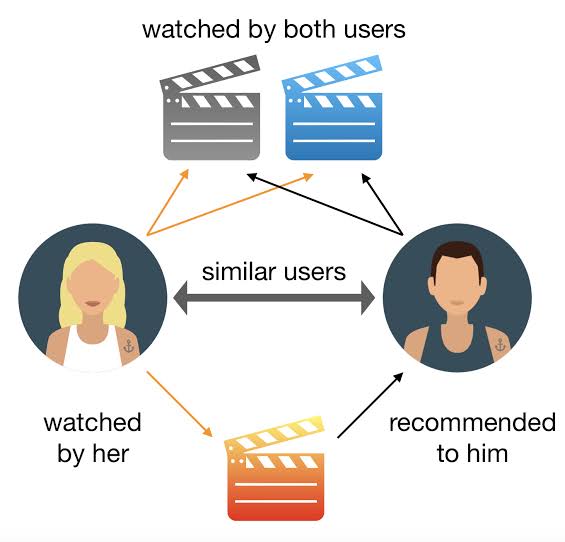By Zion Rufus
Taking a closer look at how content recommendation algorithms work and the importance of ethical considerations, Helen Akue, a business analyst, discusses recommender systems and how digital marketing professionals can leverage them ethically.
In today’s ever-evolving digital landscape, where social media plays a vital role in marketing, understanding the inner workings of content recommendation algorithms has become crucial.
“As we immerse ourselves in the digital age, content recommendation algorithms play a significant role in shaping our online experiences,” Akue stated.
In her viewpoint, these sophisticated systems aim to predict and suggest relevant content to users based on their preferences, behaviors, and interactions.
“They are designed to analyze our behavior, preferences, and interactions to deliver personalized content suggestions. However, the ethical implications of these algorithms cannot be ignored,” she stated.
Speaking further, she noted that it is essential for content recommendation algorithms to adhere to key ethical considerations. This includes avoiding filter bubbles or echo chambers, providing diverse perspectives, and respecting user privacy and data protection regulations.
“Ethical considerations are crucial as these algorithms influence the information we consume, the perspectives we encounter, and the opinions we form,” she said, adding that they can inadvertently reinforce biases, limit diversity of thought, and create filter bubbles.
“Recognizing these risks, it is imperative that organizations and developers prioritize ethical guidelines when designing and implementing content recommendation algorithms.”
To better understand how content recommendation algorithms operate, she highlighted some of its various processes.
Data Processing and Analysis:
Collected user data is processed and analyzed using techniques like machine learning and data mining. This enables the extraction of meaningful patterns and insights.
Content Understanding and Tagging: Algorithms analyze the content itself, extracting information such as keywords, topics, and sentiment. Often, content is tagged with metadata to effectively match user preferences.
Collaborative Filtering:
By identifying patterns and similarities among users, algorithms recommend content that has been positively received by users with similar tastes.
Hybrid Approaches:
Many algorithms combine collaborative and content-based filtering to provide more accurate and diverse recommendations.
Real-Time Updates:
Algorithms continuously analyze user interactions and integrate new data to deliver personalized recommendations as user preferences evolve.
Evaluation and Optimization:
Algorithms are evaluated using metrics such as click-through rates and user satisfaction, allowing for performance and relevance optimization.
Content-Based Filtering:
Algorithms recommend content similar to what the user has interacted with before, based on attributes like genre or author.
The ethical implementation of these algorithms is of utmost importance.
In her closing statement, Akue urged marketers to ensure that they prioritize the avoidance of filter bubbles and echo chambers, which can limit users’ exposure to diverse viewpoints. She also emphasized the need for respecting user privacy and complying with data protection regulations as crucial in building trust and maintaining transparency.







Comment
No comments found.